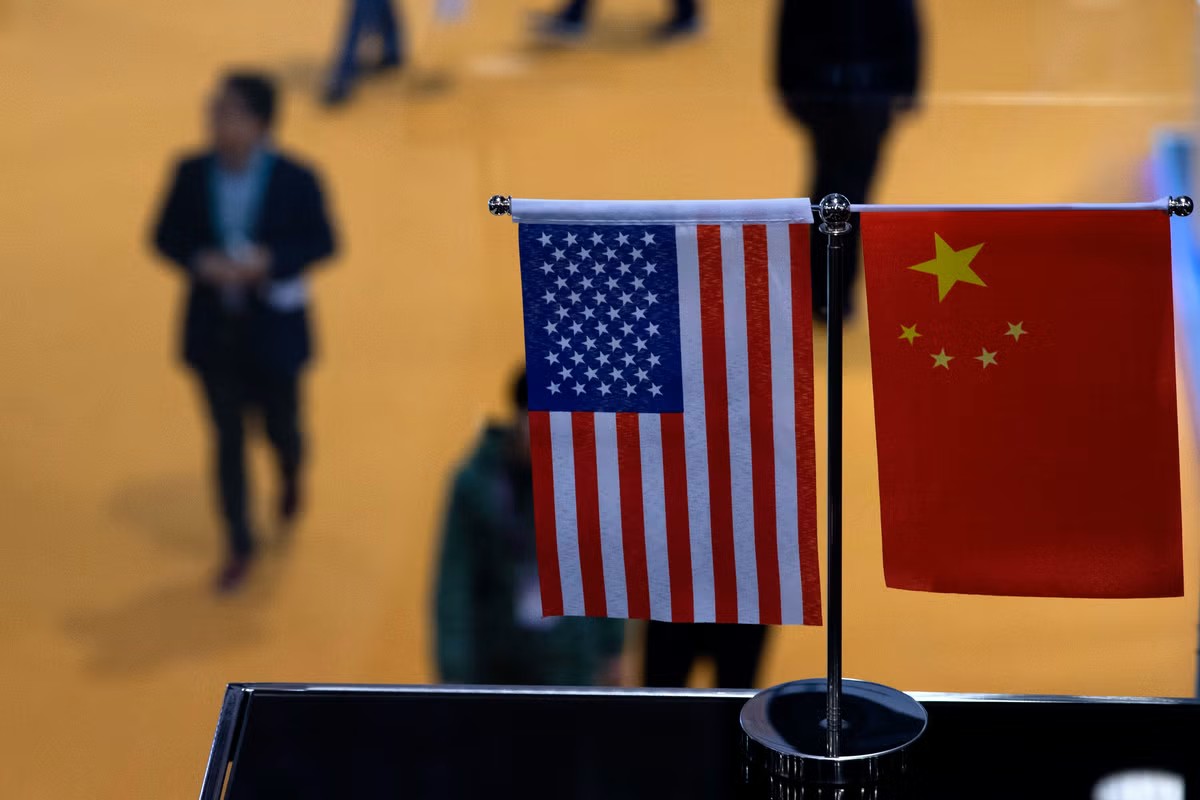China vows to retaliate as US imposes new tariffs
International International NewsPosted by NewAdmin on 2025-03-05 08:48:27 |
Share: Facebook | Twitter | Whatsapp | Linkedin Visits: 74

China has strongly opposed President Donald Trump’s decision to impose reciprocal tariffs on Chinese imports, declaring that it is ready to "fight till the end" in the ongoing trade conflict. The Chinese Foreign Ministry accused the US of using the fentanyl crisis as an excuse to justify tariff hikes and warned that intimidation and coercion would not be effective against China.
Trump, in his address to the US Congress, announced that the US would impose reciprocal tariffs on countries such as China and India starting April 2. He argued that these nations impose significantly higher tariffs on US goods, making trade unfair. Trump also criticized China’s role in the fentanyl crisis, claiming it has failed to prevent the export of chemicals used in the production of the opioid, which has contributed to rising overdose deaths in the US.
China has rejected these claims, insisting that it has made efforts to control the export of fentanyl-related substances. Beijing accused the US of shifting blame and using tariffs as a tool for blackmail. The Chinese Foreign Ministry emphasized that China would not be pressured and warned that the US was miscalculating by trying to use forceful tactics.
In response to Trump’s tariff announcement, China has introduced its own countermeasures. The Ministry of Finance announced additional tariffs of 10-15% on key US exports, including wheat, corn, cotton, poultry, seafood, and dairy products, starting March 10. Moreover, China has expanded its list of unreliable American entities, adding 15 US companies, particularly those involved in defense-related industries, to its trade restrictions.
Trump defended the tariff policy, claiming that the US had been unfairly treated in global trade for decades. He argued that by implementing reciprocal tariffs, the US would generate significant revenue and create new jobs. He also warned that the US would respond to non-monetary trade barriers with similar restrictions. With both nations taking a firm stance, tensions between the US and China continue to escalate, raising concerns about a prolonged trade conflict and its impact on the global economy.
Search
Categories
Recent News
- Hyderabad Firm's $700K Foreign Exchange Fraud Unveiled
- Indian-Israeli Alliance: Unlocking AI's Edge Potential
- T20 World Cup 2026: Pakistan Refuses to Face India in High-Stakes Match
- Massive Development Push in Nellore Rural: 240 Projects, One Goal
- Unveiling the Truth: Maxwell Emails Validate Prince Andrew's Scandalous Photo
- Royal Courage: Kate Middleton's Cancer Battle and Message of Hope
- Solar Power Shines on Temple Lands
- Suryakumar's Resurgence: A Masterclass in Adaptability
Popular News
- Navigating IPO Market Dynamics Amid Volatility and Regulatory Changes
- Massive Worldwide Microsoft Outage Disrupts Multiple Sectors
- Panjapur Bus Stand to Reshape TNSTC Routes
- తెలుగుదేశం పార్టీ - పేదరికాన్ని నిర్మూలించడంలో వాగ్దానం
- Universities Embrace Remote Learning Technologies Amidst Ongoing Pandemic